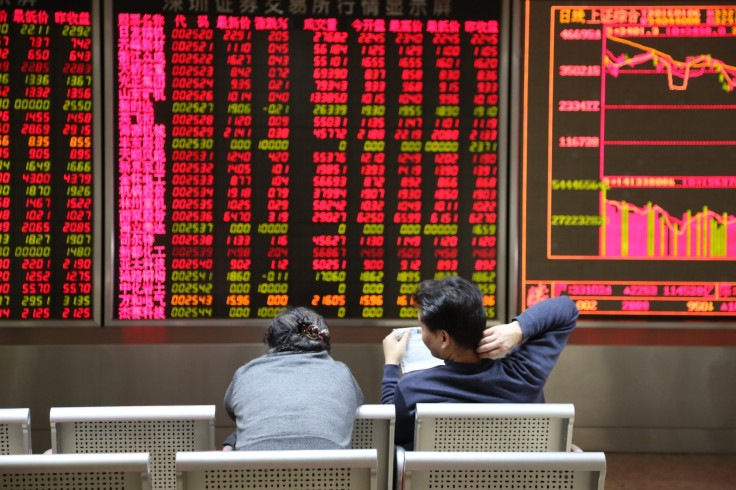Asia Stocks Edge Up After New Zealand's Rate-Cut Surprise, All Eyes On ECB

Asian stocks edged up on Thursday after New Zealand surprised markets with a rate cut, keeping investors primed for more stimulus from the European Central Bank later in the day as global policy makers step up efforts to support their wobbly economies.
A rebound in the price of oil, a source of recent anxiety, also calmed investor nerves.
MSCI's broadest index of Asia-Pacific shares outside Japan nudged up 0.1 percent. Japan's Nikkei climbed 1 percent and Australian shares added 0.2 percent. South Korea's KOSPI rose 0.3 percent.
The big surprise on Thursday came from New Zealand's central bank, which cut the benchmark cash rate to a record low 2.25 percent.
Reserve Bank of New Zealand Governor Graeme Wheeler cited China as a major risk to the bank's outlook for economic growth and inflation, reflecting global concerns over a slowdown in the world's second-biggest economy.
"If China had a very significant and prolonged devaluation, it would in essence spread deflation around the world," Wheeler told reporters, adding that China was building up a number of serious imbalances.
In recent months, gloom over China, tumbling commodity prices and deflationary pressures have prompted aggressive easings from central banks, including a move to negative rates by the Bank of Japan in January.
The focus now moves to the ECB, which had already cut rates into negative territory.
"The ECB is tonight widely expected to increase the amount of securities it buys from the market each month, as well as moving interest rates further into negative territory," wrote Michael McCarthy, chief market strategist at CMC Markets.
"However, there are also market discussions around the idea that the ECB may be pushing on a piece of string, and that any stimulatory impacts of negative rates is overwhelmed by the signaling effect that Europe is in crisis."
Euro zone government bond yields and short-term interest rates fell earlier this week after weak Chinese trade data further inflamed worries about the health of the global economy.
But after the ECB failed to meet the markets' sky-high expectations in December, traders remain wary about another disappointing outcome, helping keep the euro steady around $1.0991.
The dollar was also little changed at 113.30 yen, having risen 0.6 percent against the safe-haven Japanese currency as equity and commodity market gains improved risk appetite.
The New Zealand dollar was a much bigger mover after the RBNZ's unexpected rate cut.
The kiwi hit a one-week low of $0.6632 after sliding well over 1 percent following the RBNZ's rate cut.
In commodities, oil prices stood tall after surging overnight after a large U.S. gasoline inventory drawdown amid improving demand overshadowed growing record high crude stockpiles. [O/R]
Speculation that top producers might agree soon to an output freeze also supported crude oil. U.S. crude futures was steady at $38.22 a barrel after surging nearly 5 percent and hitting a three-month high of $38.51 on Wednesday.
The bounce in crude oil and the Bank of Canada's decision on Wednesday to refrain from cutting interest rates boosted the Canadian dollar, which hovered near a four-month high of C$1.3230.
© Copyright Thomson Reuters 2024. All rights reserved.




















